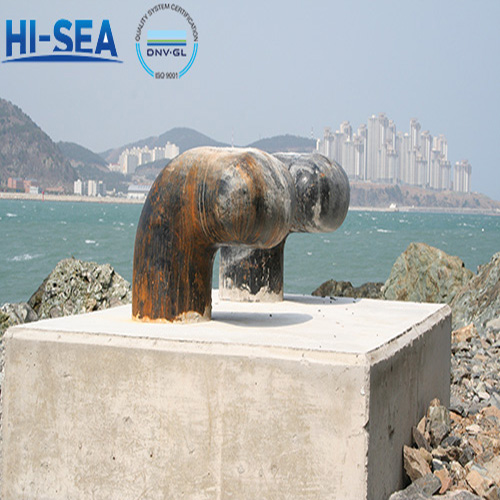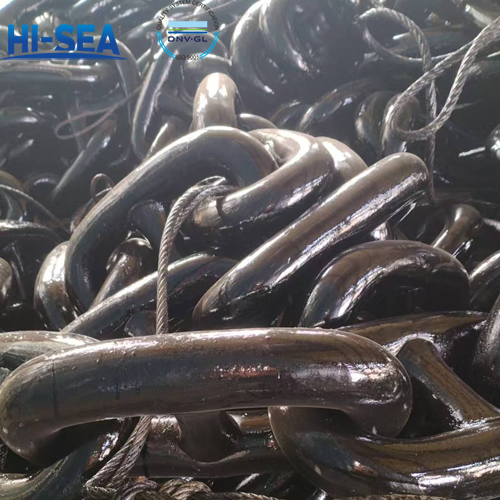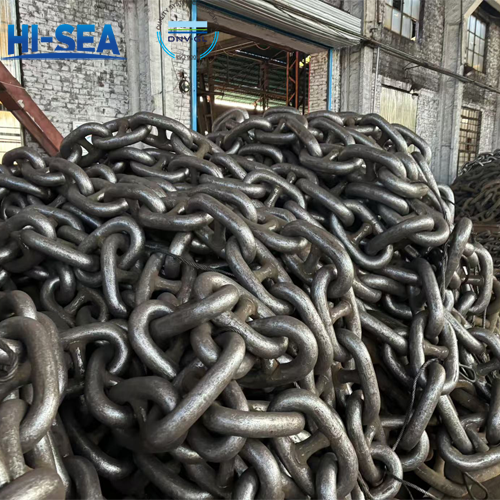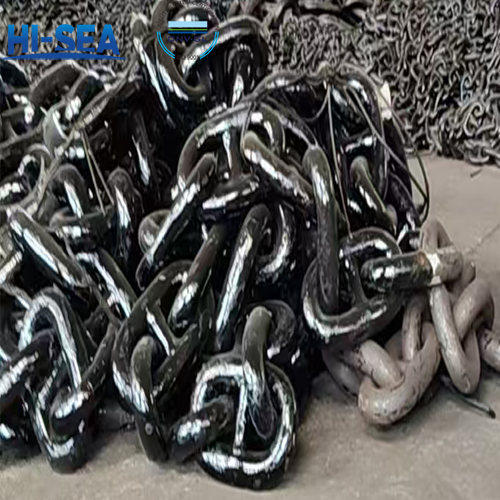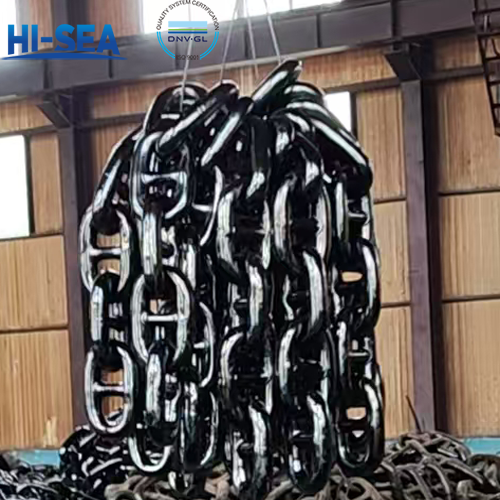
Importance of Dock Bollard in ship mooring
Marine bollards serve as anchor points for mooring lines, ropes, and cables used to secure ships and boats in place while docked or anchored. They provide a sturdy point of attachment for vessels, ensuring they remain safely in position despite tides, currents, and weather conditions.
Overview
Bollards play a crucial role in ship mooring, ensuring the safe and secure docking of vessels at ports and terminals. Here are some key reasons why bollards are important in ship mooring:
Secure Attachment Point:
Bollards provide a strong and reliable attachment point for mooring lines. They are typically mounted on quay walls or docks and are designed to withstand the immense forces exerted by mooring lines as ships berth and during loading and unloading operations.
Distribution of Forces:
Bollards help distribute the forces generated by the ship's movements, wind, and currents along the quay wall. By spreading these forces over a larger area, bollards prevent excessive stress on the vessel's hull and the mooring lines, reducing the risk of damage or failure.
Efficiency:
Properly positioned and spaced mooring bollards streamline the docking and mooring process, allowing vessels to berth quickly and efficiently. This is particularly important in busy ports and harbors where time is of the essence for both commercial and recreational vessels.
Flexibility:
Bollards offer flexibility in mooring arrangements, allowing ships to be securely docked in various configurations depending on factors such as size, draft, and cargo handling requirements. This flexibility is essential for efficiently utilizing port infrastructure and accommodating different types of vessels.
Overall, bollards are essential components of port infrastructure, providing the foundation for safe, efficient, and reliable ship mooring operations. Their importance cannot be overstated in ensuring the smooth functioning of maritime transportation and trade.

